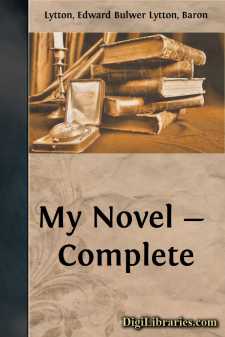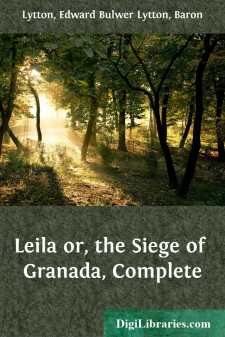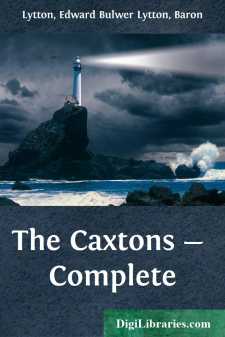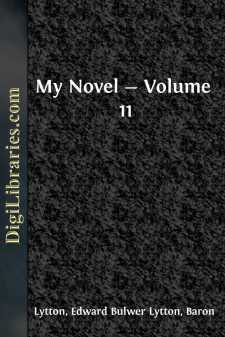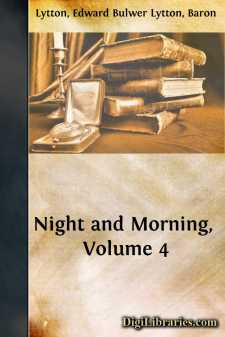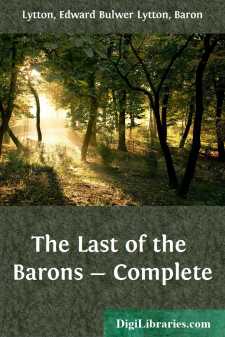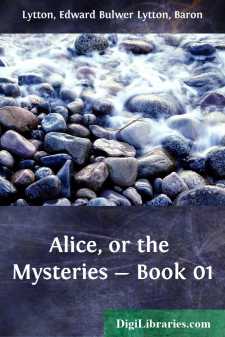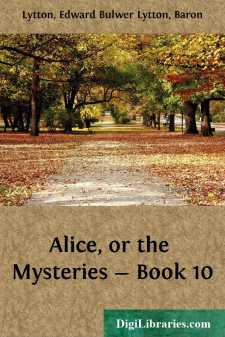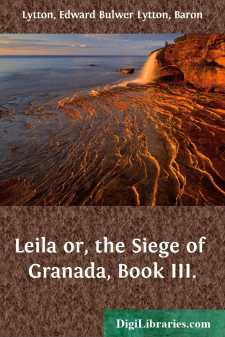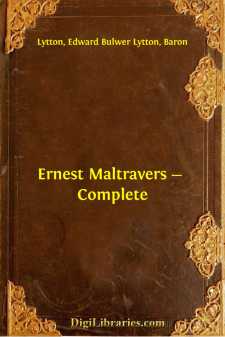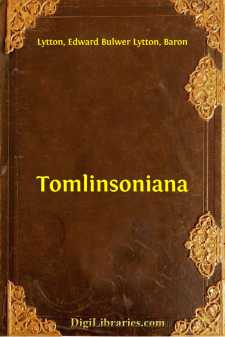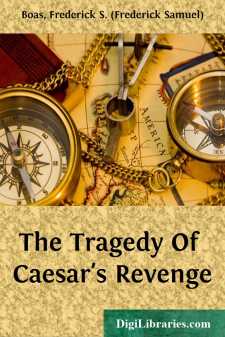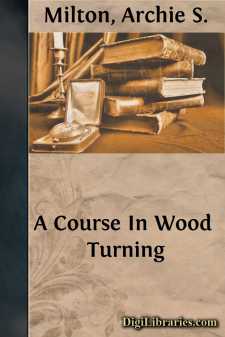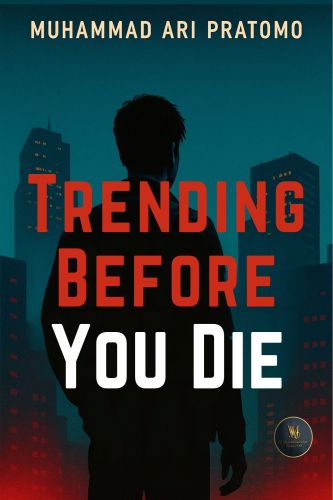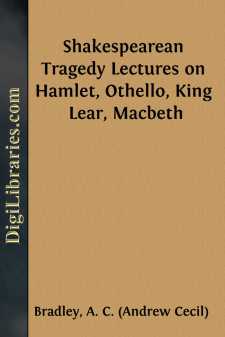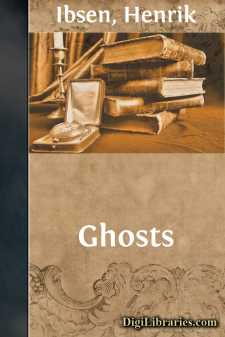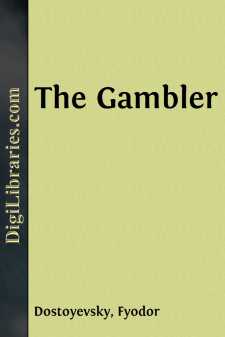Categories
- Antiques & Collectibles 13
- Architecture 36
- Art 48
- Bibles 22
- Biography & Autobiography 813
- Body, Mind & Spirit 142
- Business & Economics 28
- Children's Books 17
- Children's Fiction 14
- Computers 4
- Cooking 94
- Crafts & Hobbies 4
- Drama 346
- Education 46
- Family & Relationships 57
- Fiction 11829
- Games 19
- Gardening 17
- Health & Fitness 34
- History 1377
- House & Home 1
- Humor 147
- Juvenile Fiction 1873
- Juvenile Nonfiction 202
- Language Arts & Disciplines 88
- Law 16
- Literary Collections 686
- Literary Criticism 179
- Mathematics 13
- Medical 41
- Music 40
- Nature 179
- Non-Classifiable 1768
- Performing Arts 7
- Periodicals 1453
- Philosophy 64
- Photography 2
- Poetry 896
- Political Science 203
- Psychology 42
- Reference 154
- Religion 513
- Science 126
- Self-Help 84
- Social Science 81
- Sports & Recreation 34
- Study Aids 3
- Technology & Engineering 59
- Transportation 23
- Travel 463
- True Crime 29
My Novel - Complete
Description:
Excerpt
INITIAL CHAPTER
—SHOWING HOW MY NOVEL CAME TO BE WRITTEN.
Scene, the hall in UNCLE ROLAND'S tower; time, night; season, winter.
MR. CAXTON is seated before a great geographical globe, which he is turning round leisurely, and "for his own recreation," as, according to Sir Thomas Browne, a philosopher should turn round the orb of which that globe professes to be the representation and effigies. My mother having just adorned a very small frock with a very smart braid, is holding it out at arm's length, the more to admire the effect. Blanche, though leaning both hands on my mother's shoulder, is not regarding the frock, but glances towards PISISTRATUS, who, seated near the fire, leaning back in the chair, and his head bent over his breast, seems in a very bad humour. Uncle Roland, who has become a great novel-reader, is deep in the mysteries of some fascinating Third Volume. Mr. Squills has brought the "Times" in his pocket for his own special profit and delectation, and is now bending his brows over "the state of the money market," in great doubt whether railway shares can possibly fall lower,—for Mr. Squills, happy man! has large savings, and does not know what to do with his money, or, to use his own phrase, "how to buy in at the cheapest in order to sell out at the dearest."
MR. CAXTON (musingly).—"It must have been a monstrous long journey. It would be somewhere hereabouts, I take it, that they would split off."
MY MOTHER (mechanically, and in order to show Austin that she paid him the compliment of attending to his remarks).—"Who split off, my dear?"
"Bless me, Kitty," said my father, in great admiration, "you ask just the question which it is most difficult to answer. An ingenious speculator on races contends that the Danes, whose descendants make the chief part of our northern population (and indeed, if his hypothesis could be correct, we must suppose all the ancient worshippers of Odin), are of the same origin as the Etrurians. And why, Kitty,—I just ask you, why?"
My mother shook her head thoughtfully, and turned the frock to the other side of the light.
"Because, forsooth," cried my father, exploding,—"because the Etrurians called their gods the 'AEsar,' and the Scandinavians called theirs the 'AEsir,' or 'Aser'! And where do you think this adventurous scholar puts their cradle?"
"Cradle!" said my mother, dreamily, "it must be in the nursery."
MR. CAXTON.—"Exactly,—in the nursery of the human race, just here," and my father pointed to the globe; "bounded, you see, by the river Halys, and in that region which, taking its name from Ees, or As (a word designating light or fire), has been immemorially called Asia. Now, Kitty, from Ees, or As, our ethnological speculator would derive not only Asia, the land, but AEsar, or Aser, its primitive inhabitants. Hence he supposes the origin of the Etrurians and the Scandinavians. But if we give him so much, we must give him more, and deduce from the same origin the Es of the Celt and the Ized of the Persian, and—what will be of more use to him, I dare say, poor man, than all the rest put together—the AEs of the Romans,—that is, the God of Copper-money—a very powerful household god he is to this day!"
My mother looked musingly at her frock, as if she were taking my father's proposition into serious consideration....


